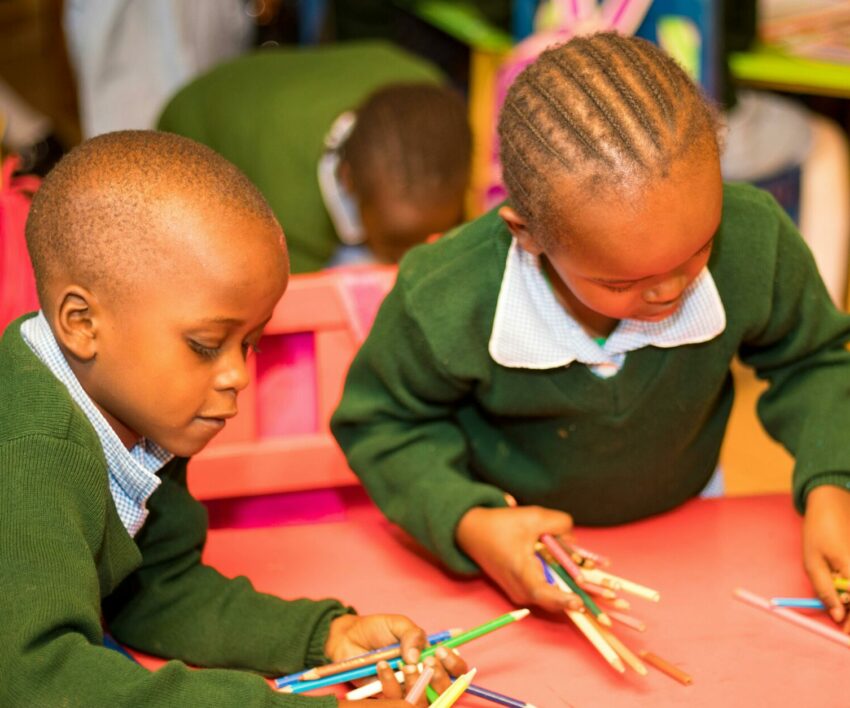children at school: picture: pexels
As kids head off to school, they’re not just picking up new knowledge—they can also pick up unwanted germs. Classrooms, playgrounds, and lunch tables are prime spots for infections to spread, and it’s natural for parents to worry about keeping their children healthy.
Staying informed and prepared can help you keep those sniffles and coughs at bay while your child focuses on learning and having fun.
The Johns Hopkins publication states that vaccines are crucial for protecting children’s health and those around them, especially those with underdeveloped, damaged, or suppressed immune systems. Johns Hopkins experts recommend that all children be vaccinated against influenza annually.
According to the American Academy of Paediatrics, to prevent the spread of infectious diseases, schools should encourage children and families to get sufficient sleep, eat nutritious meals, practice good oral hygiene, and engage in physical activity. It is also mentioned that as a parent you implement infection prevention methods, such as frequent hand washing, clean surfaces, and teach children the proper way to to cough and sneeze.
For teachers, it is expected that they “Have an emergency plan in place for seasonal viruses and pandemics to help prepare your school community and minimize disruptions to learning. Prepare ahead to protect your school in an emergency and ensure alternative plans are in place in case of supply shortages, staff shortages, and possible school closures.”
Constant movement boosts the immune system, making active kids healthier and less likely to get sick in school, claims Children Central. It is also mentioned that parents should give their children personal space and avoid sharing items used by the sick child.
The above source further cautions that you make sure your child minimises sharing drinks or food, pack snacks individually, use utensils when eating, and regularly sanitise frequently used items. Inform your child to keep their hands off their face, nose, and mouth, and teach them to break nail-biting habits, the publication adds.
Also see: Try these tips and help your kid navigate the first day at school anxiety with ease










